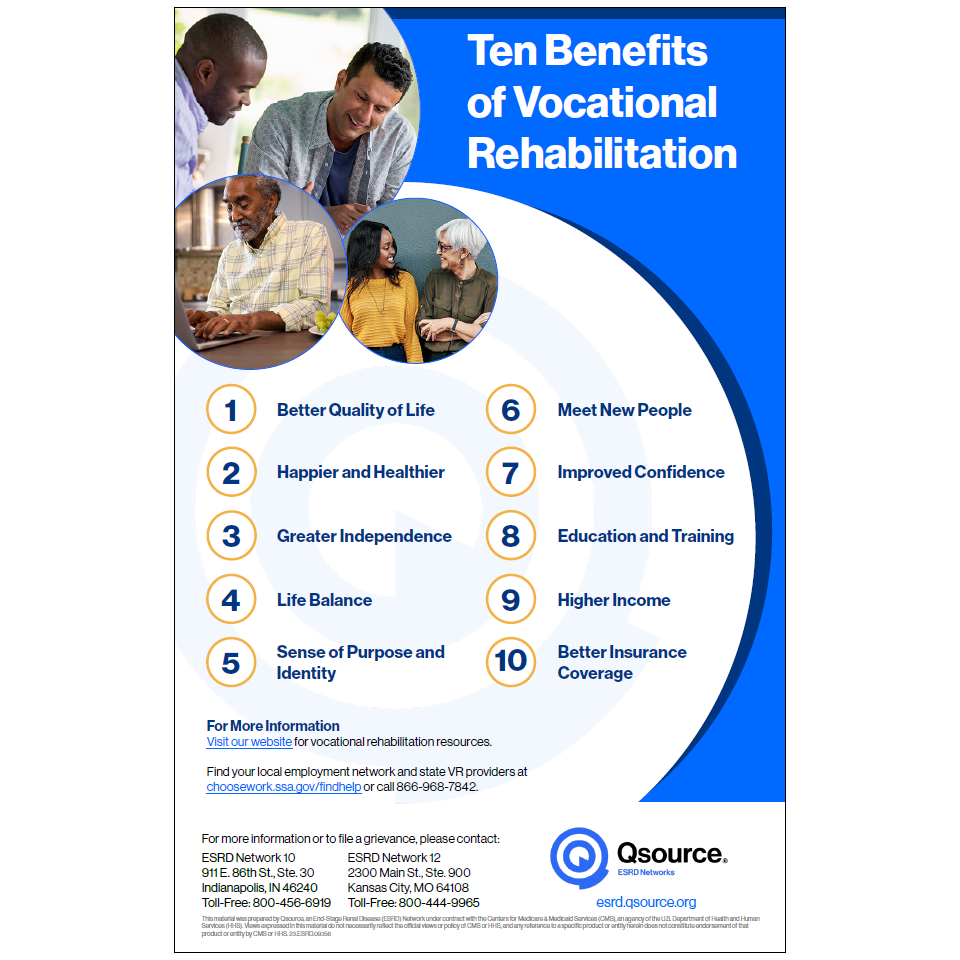The Greatest Guide To Narconon Africa
The Greatest Guide To Narconon Africa
Blog Article
An Unbiased View of Narconon Africa
Table of ContentsNarconon Africa Can Be Fun For AnyoneA Biased View of Narconon AfricaThe Main Principles Of Narconon Africa Narconon Africa - An OverviewNot known Factual Statements About Narconon Africa Get This Report on Narconon AfricaTop Guidelines Of Narconon Africa
In a series of documents with Manudeep Bhuller and Katrine V. Lken, we conquer these data challenges and the nonrandomness of imprisonment, providing brand-new insights into just how imprisonment impacts recidivism, work, kids, and criminal networks - Drug-free detoxification. Number 1 Our job studies the effects of incarceration in Norway, a setting with two vital benefitsWe can further connect this details to other relative, including kids and brother or sisters. We have details on co-offending that permits us to map out criminal networks for observed criminal offenses. Second, we can take advantage of the random project of criminal cases to courts that vary in their propensities to send defendants to jail.
But some courts send accuseds to prison at a high rate, while others are a lot more tolerant. We gauge a court's stringency as the average incarceration rate for all various other cases a judge handles, after managing for court and year set results, which is the level of random task. This quasi-random task of court stringency can be used as a tool for incarceration, as it highly anticipates the judge's choice in the present instance, yet is uncorrelated with other situation attributes both deliberately and empirically.
Some Known Facts About Narconon Africa.
Qualities of detainees, consisting of demographics and criminal activity groups, are extensively comparable in Norway and other nations, including the United States, with the exemptions that the United States homicide price is a lot greater, and race plays a larger function there. What sticks out as different, especially compared with the USA, is the jail system.
Number 2In Norway, the average time spent behind bars is a little over six months, which resembles most other Western European countries. This contrasts with typical United States jail time of practically three years, which remains in big component the reason the United States is an outlier in its incarceration rate compared to the remainder of the globe [Number 1]
The Best Strategy To Use For Narconon Africa
This provides much more separation in between minor and hardened offenders than exists in the United States. There is no congestion in Norwegian prisons and far better personal safety and security, with each detainee being appointed to their own cell and a higher inmate-to-staff ratio than in the USA (https://narcononza12.mystrikingly.com). Prisons in Norway also supply well-funded education, drug treatment, mental health and wellness, and job training programs
Our research study on the results of incarceration on the culprit, making use of the arbitrary task of courts as a tool, yields three key searchings for. Jail time prevents additionally criminal behavior. We discover that imprisonment lowers the possibility that an individual will certainly reoffend within 5 years by 27 percent factors and reduces the equivalent number of criminal costs per individual by 10 costs.
All About Narconon Africa
We discover large decreases in reoffending likelihoods and advancing billed criminal offenses also after defendants are launched from jail. Our 2nd outcome is that predisposition because of selection on unobservable individual attributes, if neglected, results in the incorrect final thought that time spent in jail is criminogenic. If we merely contrast criminal offenders imprisoned versus those not sent out to jail, we find favorable organizations between imprisonment and subsequent criminal offense.
This stands in comparison to our evaluation based on the random assignment of judges, which finds an opposite-signed outcome. Third, the reduction in crime is driven by people who were not working prior to incarceration. Among these individuals, jail time raises engagement in programs routed at enhancing employability and minimizing regression, and this eventually raises work and incomes while inhibiting criminal habits.

Imprisonment creates a 34 portion point rise in participation in work training programs for the formerly nonemployed, and within five years published here their work rate increases by 40 percent factors. At the very same time, the chance of reoffending within 5 years is reduced by 46 portion points, and there is a decline of 22 in the average variety of criminal costs.
The Buzz on Narconon Africa

A probable explanation for the distinction is that Norway's jail system varies considerably, both in regards to prison-term size and jail conditions, from the United States jail system. While understanding the impacts of incarceration on the wrongdoer is an essential first action, capturing spillover results is also important for assessing criminal justice policy and developing efficient jail systems.
What Does Narconon Africa Mean?

Average least squares estimates disclose that youngsters of incarcerated daddies are 1 percent point much more likely to be billed with a crime, about a mean of 13 percent, and show no result on school grades. Utilizing our court stringency tool, we discover no statistical evidence that a papa's imprisonment affects a youngster's own criminal offense or college grades, but we are unable to dismiss modest-sized results.
Narconon Africa for Dummies
We define criminal teams based on network links to prior criminal situations. When a criminal network participant is put behind bars, their peers' probability of being charged with a future criminal offense decreases by 51 percentage factors over the following 4 years - https://forums.hostsearch.com/member.php?261628-narcononza12&tab=aboutme&simple=1.
Report this page